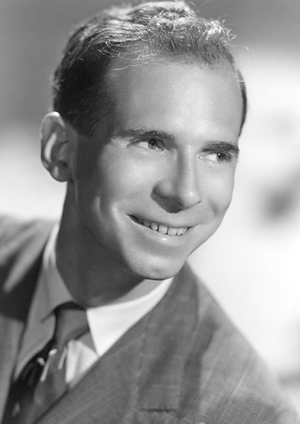
Bill Finegan, an architect of the big band sounds of Tommy Dorsey and Glenn Miller who later traded in commercial success to co-create the Sauter-Finegan Orchestra, which produced music that still stands as some of the most experimental of the swing era, has died. He was 91.
Finegan died Wednesday at a Hospital in Bridgeport, Conn., from complications of pneumonia.
In 1938, Dorsey bought Finegan's score for “Lonesome Road" and played it for Miller, who offered the young arranger a job. Between 1938 and 1942 Finegan wrote more than 300 arrangements for Miller, including some of the band's biggest hits: the classic “Little Brown Jug," “Sunrise Serenade" and “Song of the Volga." Finegan also wrote arrangements for the films “Sun Valley Serenade" in 1941 and “Orchestra Wives" in 1942, and had begun a lifelong profession as a teacher.
One of his students was Nelson Riddle, celebrated arranger for Frank Sinatra.
“Bill's arrangements for Glenn [Miller] demonstrated that great originality and inventiveness are possible even within the restrictive confines of a highly stylized band, which the Miller Orchestra was," Riddle said in the book “September in the Rain: The Life of Nelson Riddle."
When they met, Riddle was a young trombone player, intent on becoming a professional musician. Finegan encouraged him to leave the trombone behind and focus on writing.
“I cared a lot about what I did, and I think I transferred that to Nelson," Finegan said in “September in the Rain." “I once saw a documentary on the artist Chagall. In it, Chagall said, 'Never say “That's good enough." ' That's what I think I taught him."
Finegan worked intermittently for Dorsey and wrote arrangements for the film “Fabulous Dorseys" in 1947. He also wrote for bandleaders Horace Heidt and Les Elgart.
But Finegan bristled at the restrictions placed on the writing by the industry and bandleaders. In 1952 he teamed with another leading arranger, Eddie Sauter, to create a band that would explore and expand the concept of the jazz orchestra.
For more information contact All About Jazz.



























